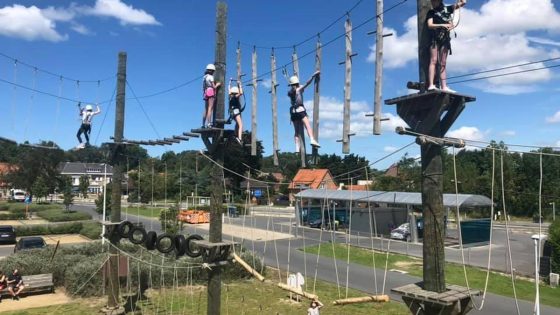The recent sentencing of Bryan Kohberger has left many in the US grappling with the shocking details surrounding the murders of four university students. Kohberger received four consecutive life sentences on July 24, 2025, after pleading guilty to the brutal killings in Moscow, Idaho. Despite the guilty plea, investigators revealed there was “no connection” between Kohberger and his victims, leaving a chilling mystery around his motives.
- Kohberger received four life sentences for murders.
- No connection found between Kohberger and victims.
- Victims suffered brutal and defensive wounds.
- Surviving roommate did not call 911.
- Kohberger exhibited unusual behavior in prison.
- Injuries observed on Kohberger post-murders.
Newly released documents highlight the gruesome nature of the crimes, with one victim, Xana Kernodle, reportedly stabbed over 50 times. These revelations have reignited public interest in a case that has captivated the nation and raised questions about safety in college towns.
As the investigation continues, many are left wondering why such a horrific crime occurred without a clear motive. The lack of connection between Kohberger and the victims raises unsettling questions about the nature of violence in seemingly safe environments. Key points include:
- Kohberger’s injuries post-murders suggest a struggle.
- Surviving roommates did not immediately call for help.
- Inmates described Kohberger’s behavior as “weird.”
As this case unfolds, it serves as a stark reminder for communities to remain vigilant and prioritize safety measures. Will we see changes in how universities address mental health and security on campuses?
































